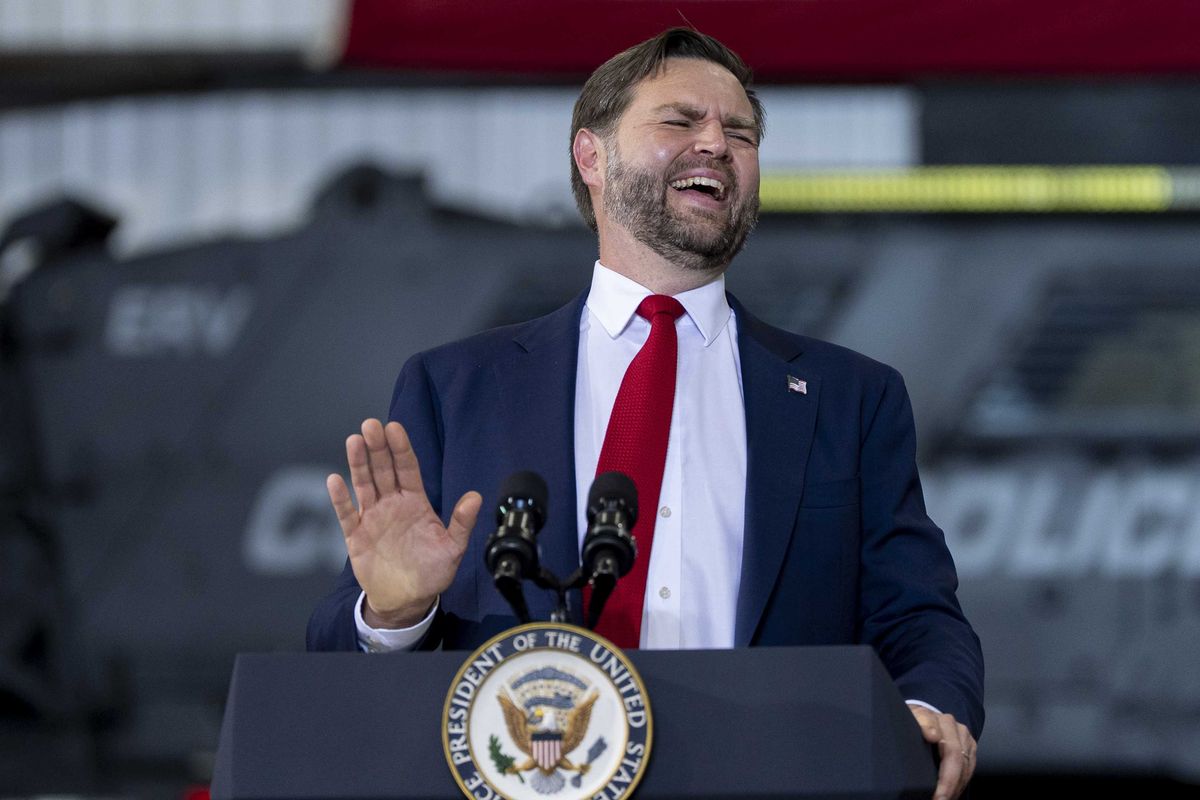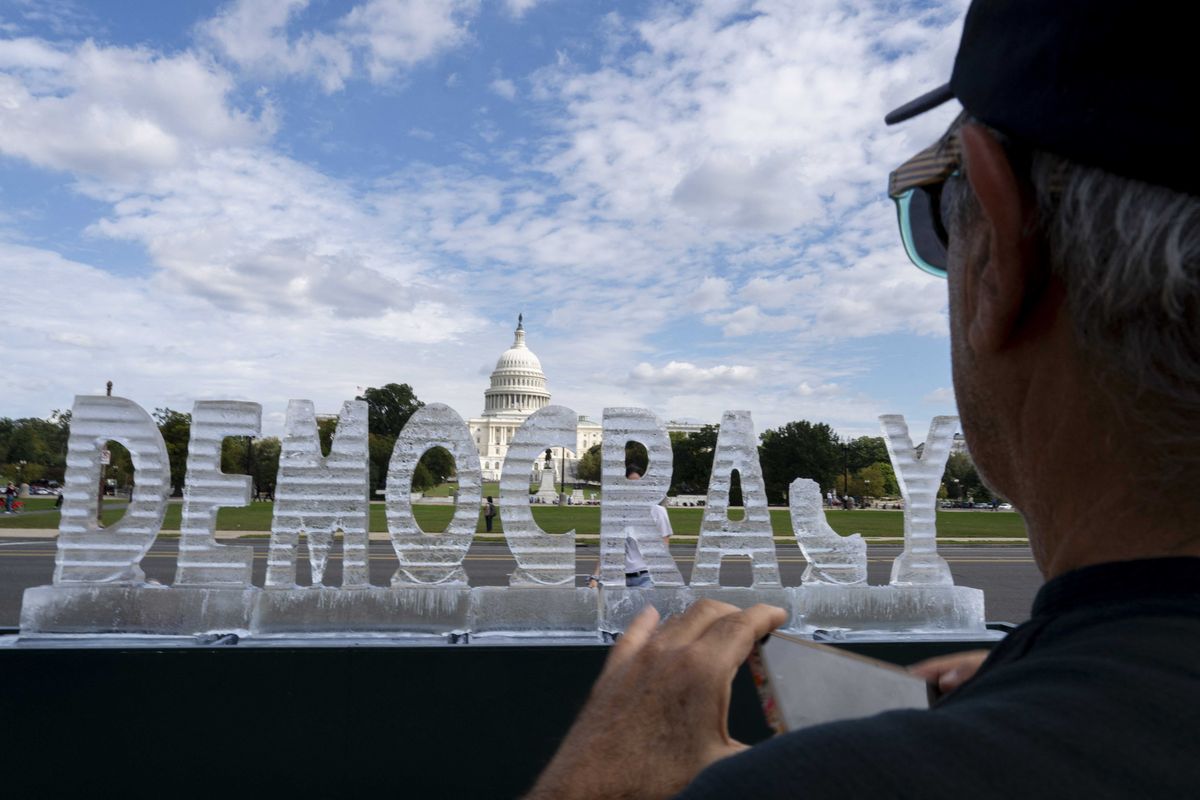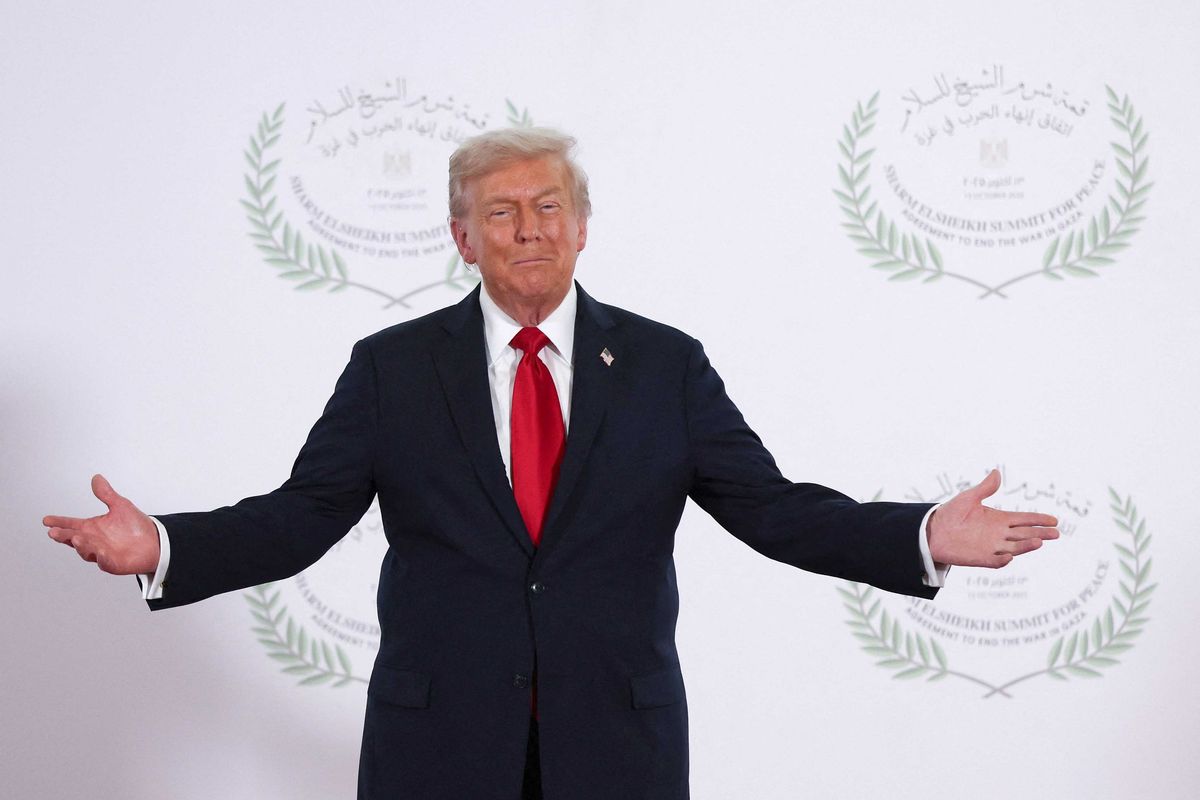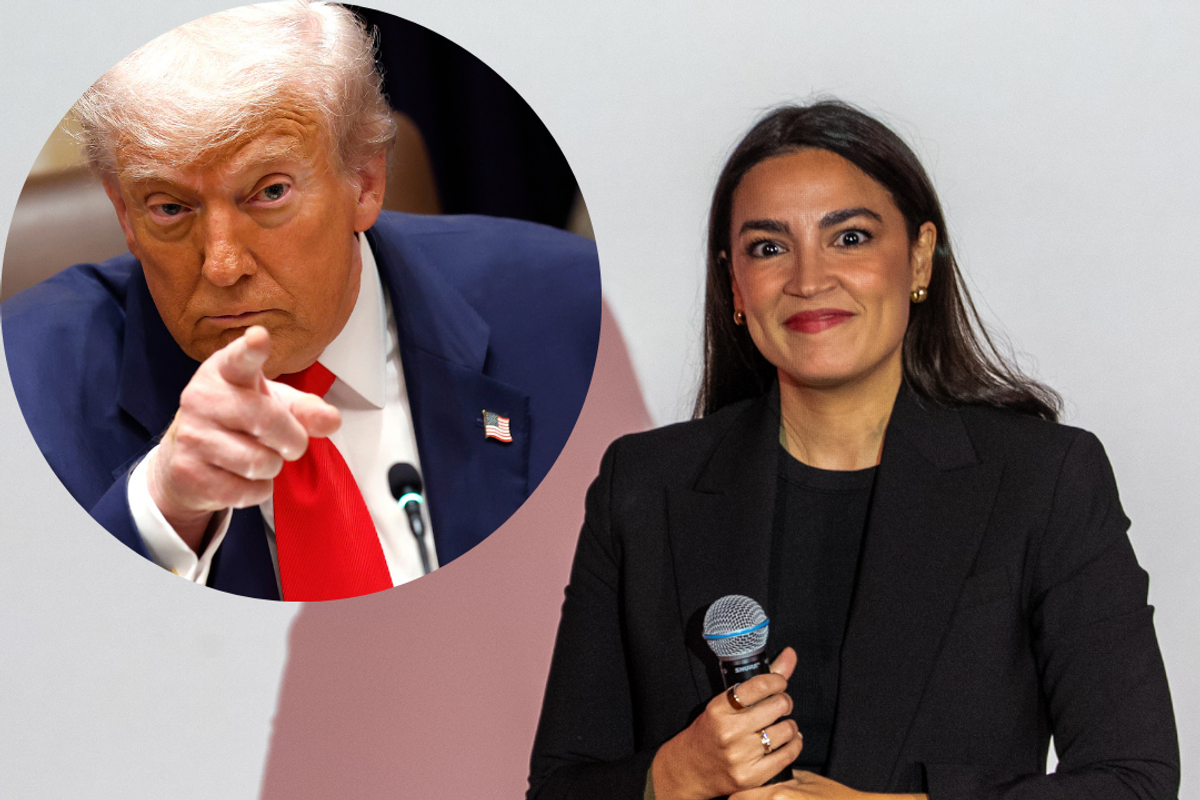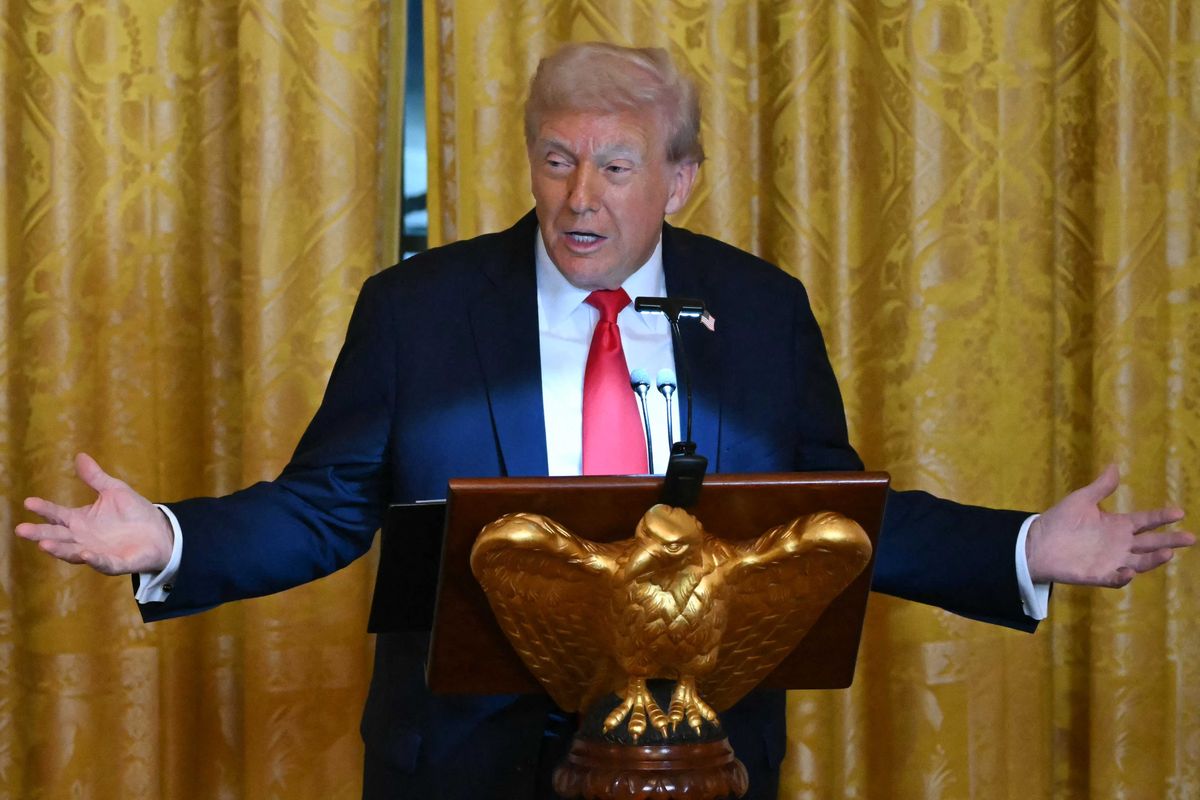Andy Gregory
Mar 21, 2021
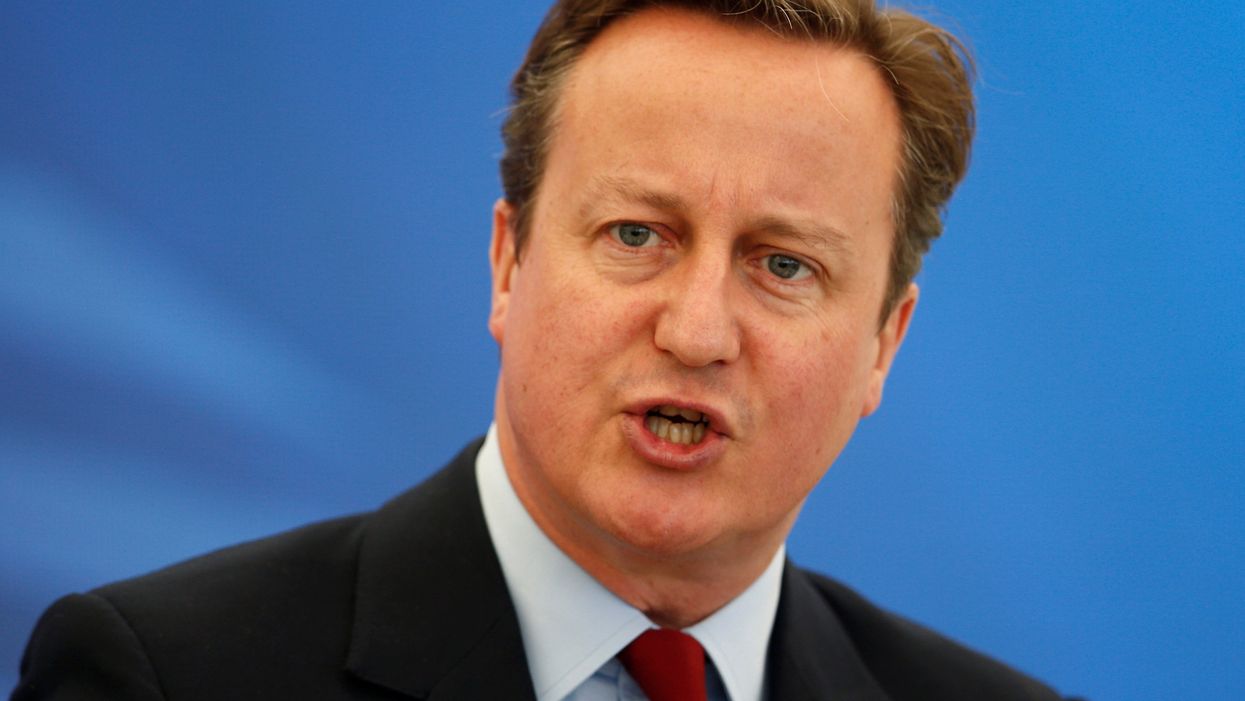
David Cameron sought to tackle lobbying during his time as prime minister
Getty Images
As infuriating as it may often be, there’s good reason why politicians tend to talk in circles – lest the wild political winds shift without warning and throw their words back at them.
Despite this, there’s inevitably still an abundance of comments that, given time, turn out to have been either somewhat – or spectacularly – misjudged.
For example, who could forget David Cameron’s pre-election warning of “stability and strong government with me or chaos with Ed Miliband”, a phrase surely uttered many thousand times in the wake of his failed Brexit gamble.
And it appears there may yet be another Cameron declaration to add to this list.
The former prime minister, who resigned in 2016, is reported by The Sunday Times to have sent several text messages to chancellor Rishi Sunak’s private phone while lobbying for a bank, Greensill Capital, which has since collapsed.
According to the report, Cameron allegedly asked Sunak to grant Greensill access to a state-backed loans scheme.
Read more: Uber passenger who coughed on driver faces up to 16 years in jail
Asian grandmother who fought off attacker with stick receives nearly $600,000 in donations
Meghan Markle gave her autograph to a shop worker in 2009 ‘in case she became famous’
While there is currently no evidence whether Sunak personally spoke with Cameron, whose texts reportedly went largely unanswered, it comes days after a separate report by theFinancial Times alleged Sunak had stepped in to give Greensill another hearing after Treasury officials decided not to include it in the Covid Corporate Financing Facility (CCFF).
While the Treasury ultimately stood by this decision not to grant access, Greensill was reportedly eventually permitted to issue state-backed loans under the separate Coronavirus Large Business Interruption Loan Scheme.
Although there is nothing illegal about Cameron’s alleged conduct, the reports have intensified scrutiny of a government already facing allegations of cronyism over its procurement of PPE during the coronavirus pandemic.
Labour is now calling on Sunak to “set the record straight” and is calling for “a full and thorough investigation” – with shadow chancellor Anneliese Dodds warning the allegations raise “urgent questions about the Chancellor’s priorities and decision-making during a pandemic”.
Ironically, it was Cameron himself who gave a similar warning back in February 2010.
Speaking months before the election which saw him voted into Downing Street, The Telegraph reported that Cameron had “promised a Conservative government would stop the lobbying industry’s attempts through former ministers to access and influence policy”.
He was quoted in this speech as saying:
“Now we all know that expenses has dominated politics for the last year. But if anyone thinks that cleaning up politics means dealing with this alone and then forgetting about it, they are wrong. Because there is another big issue that we can no longer ignore.
“It is the next big scandal waiting to happen. It’s an issue that crosses party lines and has tainted our politics for too long, an issue that exposes the far-too-cosy relationship between politics, government, business and money.”
Financial Times chief political correspondent Jim Pickard was among several people to recall the quote in light of the new allegations.
During his tenure as prime minister, Cameron would later steer the Lobbying Act through parliament – a flagship bill intended to clamp down on lobbying scandals.
However, some at the time were sceptical of the bill’s efficacy, with Graham Allen, then chair of the Political and Constitutional Reform Select Committee, labelling the “rushed and ridiculous” bill “a dog’s breakfast”.
He told The Independent in 2013: “Instead of addressing the prime minister’s promise to ‘shine the light of transparency’ on lobbying, this flawed legislation will mean we’ll all be back in a year facing another scandal.”
Cameron has been contacted for comment, and a government spokesperson was reported as saying: “Treasury officials regularly meet with stakeholders to discuss our economic response to Covid”.
They added: “The meetings in question were primarily about broadening the scope of CCFF to enable access for providers of supply chain finance, which – following a call for evidence and discussions with several other firms within the sector – we decided against and informed the businesses concerned.”
Top 100
The Conversation (0)
